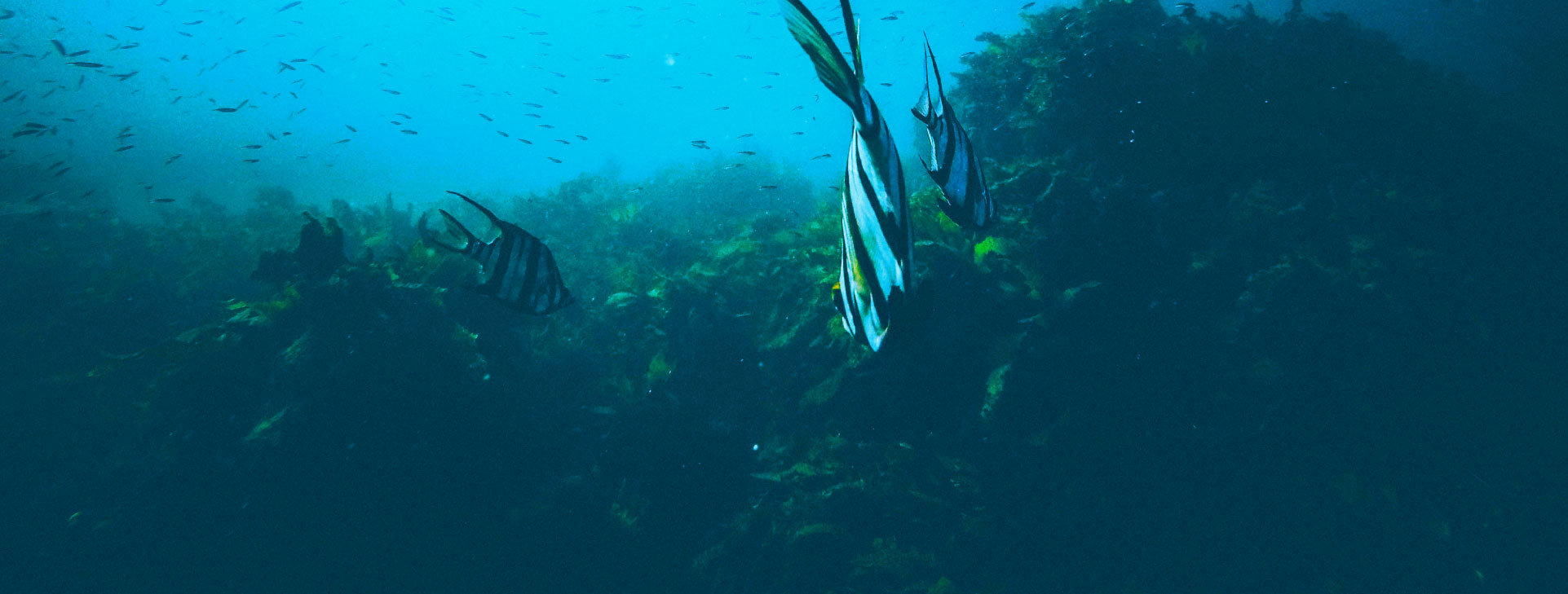


EMBRC is a global reference Research Infrastructure responding to the societal Grand Challenges through advanced marine biology and ecology research.
FIND EMBRC
EMBRC is a global reference Research Infrastructure responding to the societal Grand Challenges through advanced marine biology and ecology research.
FIND EMBRC
EMBRC-ERIC is a global reference Research Infrastructure responding to the societal Grand Challenges through advanced marine biology and ecology research.
FIND EMBRC
Biobank: Universidade de Vigo (UVigo) Spain.
UVigo is a leading Institution in Marine Research in Spain.
Biobank: Universidade de Vigo (UVigo) Spain.
UVigo is a leading Institution in Marine Research in Spain.
KNOW MORE
Biobank: Universidade de Vigo (UVigo) Spain.
UVigo is a leading Institution in Marine Research in Spain.
Facilitating Access to Marine Biological Resources
The most important biobanks of marine organisms in Europe are located in the Atlantic Area and are part of the European Marine Biological Resource Centre (EMBRC-ERIC), a distributed global reference Research Infrastructure for fundamental and applied marine biology and ecology research, which is included in the European Strategic Roadmap for Research Infrastructures since 2008.
Biobanks provide Marine Biological Resources to academic and industrial researchers, becoming the backbone for the search of unique marine genes, bio-actives and biomaterials with potential for commercial development and job creation.
The EBB project aims to contribute to ensure the practical long-term transnational coordination of the marine biobanks through the establishment of the European Blue Biobank; a world class centrally curated marine biobank operated by EMBRC-ERIC. This initiative, the first of its kind worldwide, will increase the diversity and quality of Marine Biological Resources made available to user communities, facilitating their biotechnological valorization.
THE PROJECT
Biobanks contribute to conservation of marine diversity by complementing traditional in-situ conservation techniques with ex-situ methods that are safe and reproducible for short, medium, and long-term storage of biological specimens.
THE PROJECT
Biobanks contribute to conservation of marine diversity by complementing traditional in-situ conservation techniques with ex-situ methods that are safe and reproducible for short, medium, and long-term storage of biological specimens.
OUR NEWS & EVENTS
- 11 July, 2023 – - On July 4th and 5th, 2023, the members of the Interreg European Marine Biological Resource Centre Biobank (EBB) gathered in Porto, Portugal, to mark the conclusion of the project. Participants from several countries involved in the project, including Spain, Portugal, France, and Norway, came together for the Final Meeting to discuss topics such as ABS… ...
- 3 July, 2023 – - On May 16th and 17th, 2023, the EBB project held a workshop at the University of Las Palmas de Gran Canaria (Spain). The workshop covered the topics, such as harmonisation of data management and administrative procedures, technical discussions on Material Transfer Agreements (MTA), strains deposits in culture collections and quality management systems for culture collections.… ...
- 14 June, 2023 – - EBB is organising an event on 4th and 5th July 2023, in Porto to inform on the last advances in the implementation of its outputs. It is possible to register for both days or only for the second day. The first day sessions are closed to EMBRC and MIRRI members and the second day is… ...

